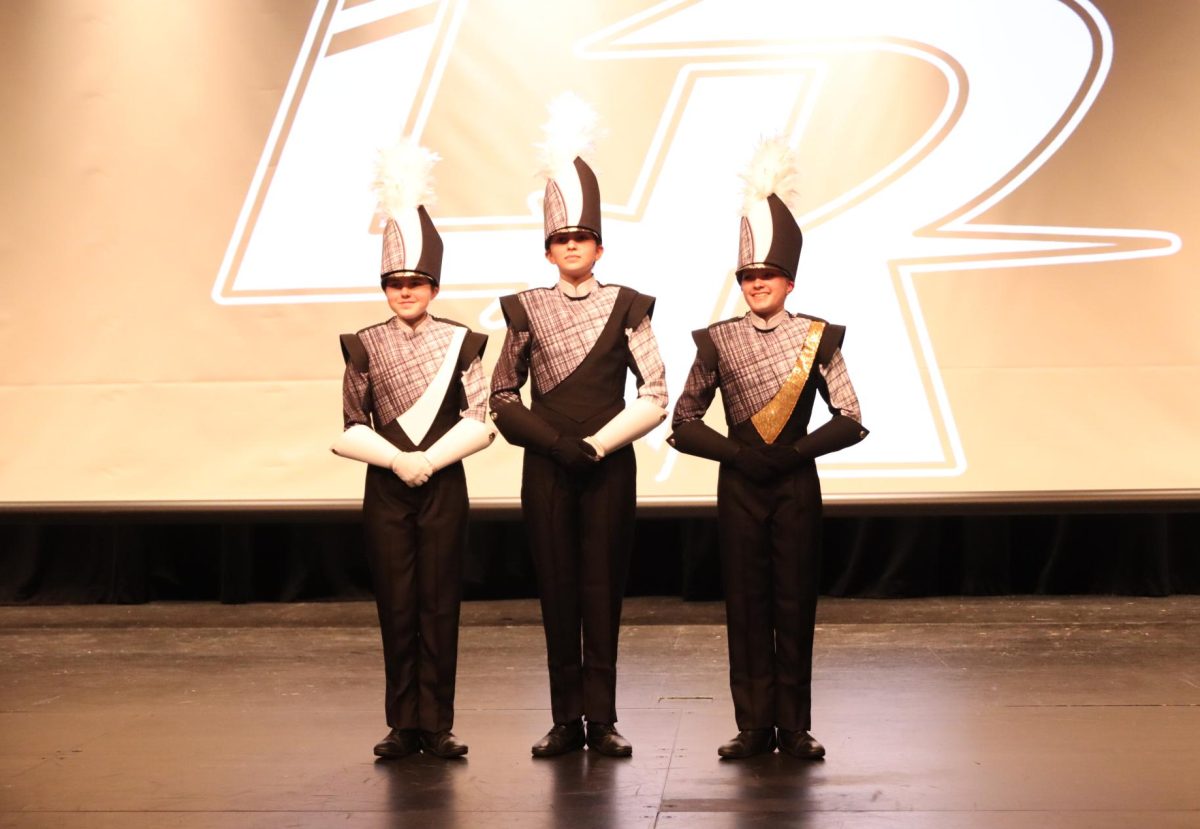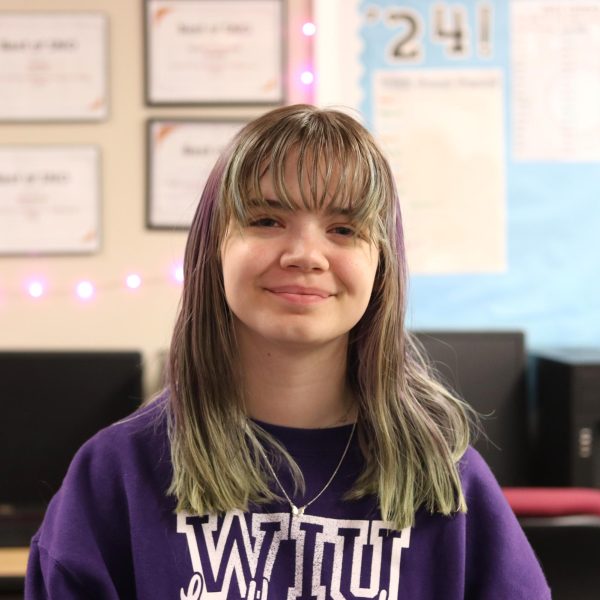Across the U.S., college students are joining Pro-Palestinian groups in protesting war in Gaza and are calling for universities to cut any financial ties they may have with Israel.
While the protests continue nationally, Lafayette students who will be attending affected schools in the fall may be impacted.
Senior Amber Yin will be a freshman at Columbia University in the fall. When Yin first heard about the protests, she said she didn’t think it was a big deal.
“At first I thought, ‘oh, it’s no big deal because it will happen once and then it’s going to go away, right? Like, it’s going to stop.’ But then it’s two weeks later and it’s like, ‘oh, they’re still protesting and it’s getting worse,’” Yin said. “I watched videos on social media and I could see that [protesters at Columbia] ] were breaking into a building and occupying it and I was like, ‘well, it seems like it got worse, not better,’ which is not what I had hoped for.”
While the protests concern her, she isn’t very worried about the reputation of the school.
“It’s always something to be worried about but I feel like it won’t have that much of an impact because I think we’ve seen stuff like this happen before at schools and I’m not going to a school just for the reputation,” Yin said. “Honestly, especially with the ivies, they’ve been in the news a lot recently, whether it was for Affirmative Action or about presidents getting fired.”
Yin believes in a couple months the protests won’t be very relevant either, especially with the election coming up.
“I think that school is going to end, and then when things pick back up, it [will be] election season. I don’t know why, but I feel like that’s going to be really big [at Columbia] because obviously these [students] are arguing for something that’s not happening in the U.S. And then all of a sudden once the election comes, I think that will [become the focus],” Yin said.
Though Yin said she isn’t worried about the reputation of the school, her safety or these specific protests, she is a little worried that protests in general at Columbia could get in the way of her education.
“[Ivies are] always in the news and [this] stuff is kind of constantly happening. It’s always something that’s in your head because you just want to make sure that whatever happens at that school is not going to impact your path and your success,” Yin said. “I need to be able to go to classes and I don’t want [protests] to impact my own schedule. I get it’s a little selfish, but that’s just how it is.”
Yin said she does believe protesting is important but also believes it’s important that they stay peaceful.
“Obviously it’s a little scary but I think it’s important that everyone [is] able to protest. But I think if it gets too far, I just don’t want violence. Isn’t that the whole point, that we don’t want violence? It should be peaceful,” Yin said.
Class of 2022 grad Ethan Xu is a sophomore at Columbia University and has been impacted by the protests there.
“The campus protest affected everyone on campus,” Xu said. “If you don’t live on the main campus, you don’t have access to campus. So all the libraries are closed. All the dining halls are closed except for one. So it’s been stressful for everyone here.”
But like Yin, he is not worried about the reputation since he said there are always things going on at Columbia.
“Columbia has a scandal pretty much every year,” he said. “But I think a lot of people look to Columbia as an activist kind of ivy. Columbia is where the encampment first started. And it’s always been a big focal point in terms of politics. It’s a prestigious university. It’s located in the city and it’s had a long history of protests. It’s part of Colombia’s core, where it has a very active protest culture. And I think, honestly, I would be more surprised if protests weren’t happening.”
While Xu, isn’t worried about the school’s reputation after the protests, he said he has mixed feelings on their response to the protests.
“I think when it escalated to the student’s taking over Hamilton Hall, I was 100% sure that the NYPD would be called,” Xu said. “But how they handled the [first protest] wasn’t a great look, arresting a bunch of peaceful protesters who were just sitting on the lawn. It’s kind of just an awkward situation for Shafik right now.”
Xu said he believes Congress is a major reason for the tense situation at Columbia.
“There’s definitely a lot of pressure especially from both sides of Congress, for Shafik to step up and make a safe environment that’s free of anti-Semitism. But then on the other side, she’s facing pressure from Congress being like, ‘you need to handle these protesters and you need to get control of campus,’” Xu said.
In addition to Congress, Xu said he believes student opinions on the issue have complicated Columbia’s situation.
“On the ground level, she’s also facing pressure that she’s not letting people have their First Amendment rights to protest or freedom of speech. So it’s kind of between a rock and a hard place. Whatever she does to please Congress is going to not please the students,” he said. “But I still don’t think calling the NYPD and turning [Columbia] into a police state was a good idea.”
Another school that has faced issues with protests has been Washington University in St. Louis. Their policy states that they value “the creation of an environment that respects the rights of all members of the university community to explore and to discuss questions which interest them, to express opinions and debate issues energetically and publicly, and to demonstrate their concern by orderly means.”
In a statement from the Chancellor’s Office released on April 29, they said that of the 100 people arrested in a protest on April 27, only 23 were actually WashU students and four were WashU staff members.
Senior Victoria Wiecko will be attending Washington University next fall and said she thinks it’s important for students to be able to voice their opinions through peaceful protests.
“I do believe that students and people alike should be able to peacefully protest since it is a right stated as a citizen, however, once it gets disruptive to people in their day-to-day, and especially their graduation, I understand that the university wants to put limits on [the protests]. WashU has [its] prestige from being a vocal, leading university, so it should be expected to see students being vocal and leading in their protests,” Wiecko said.





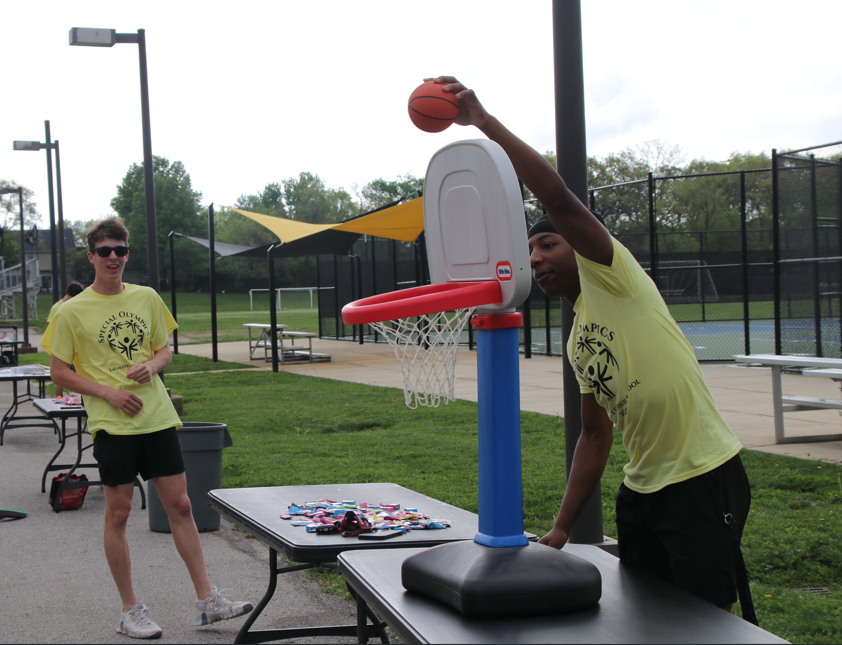
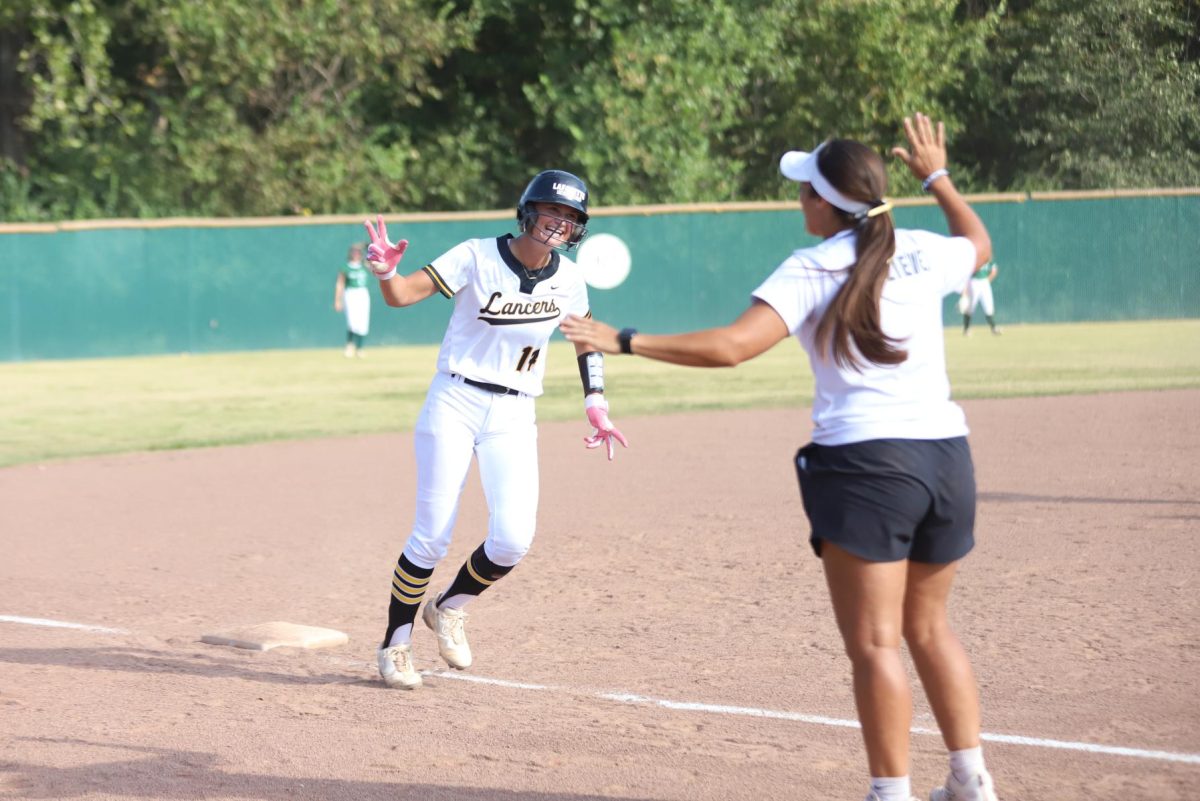
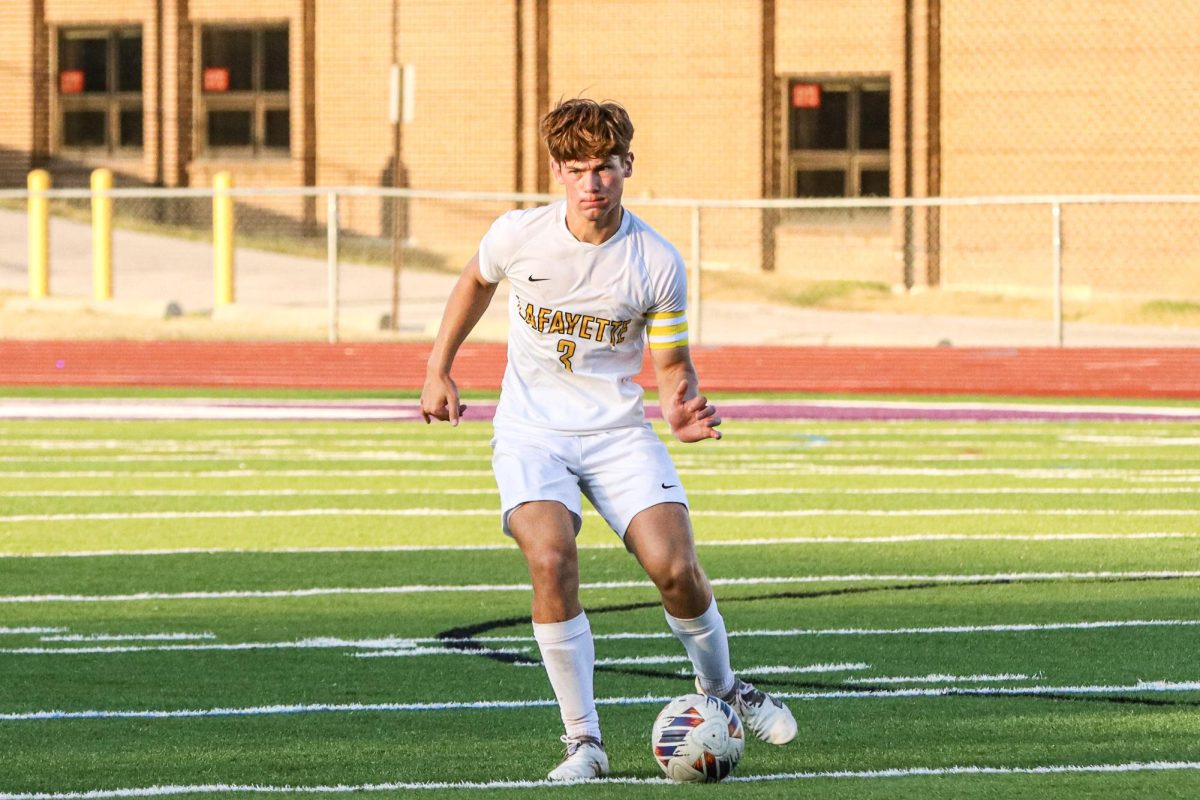
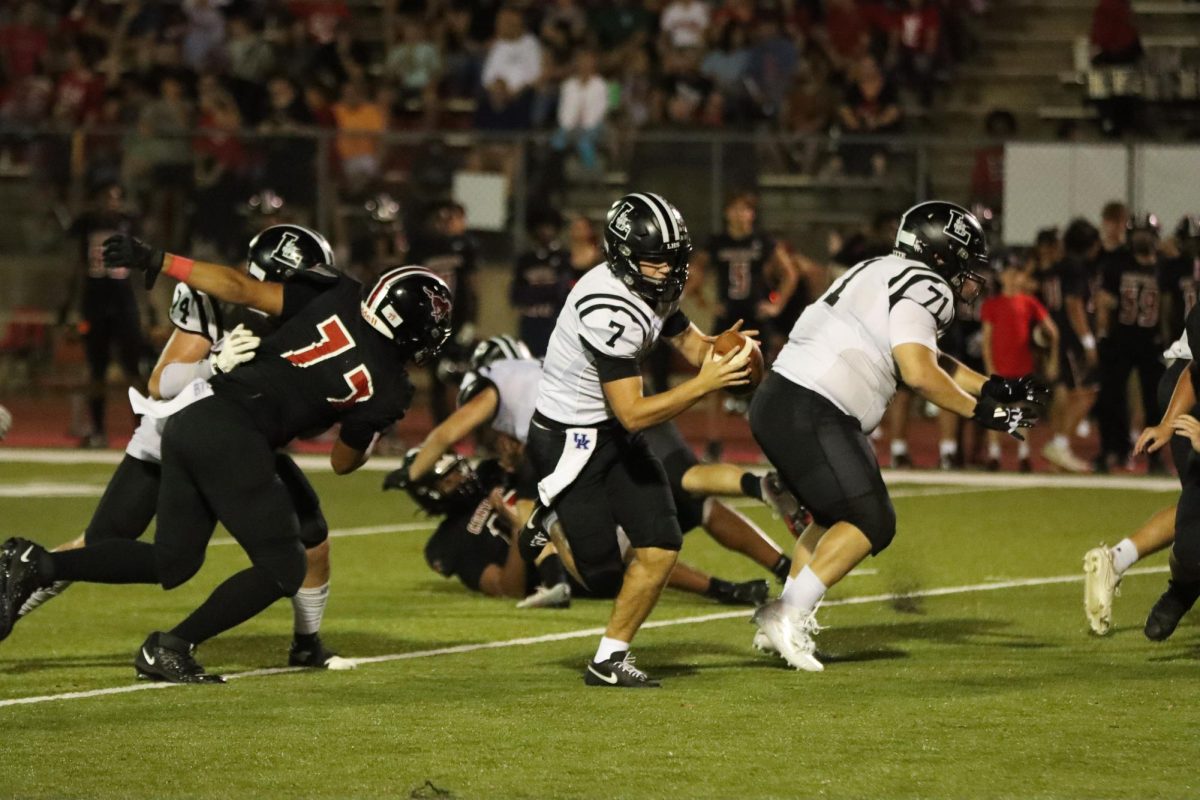



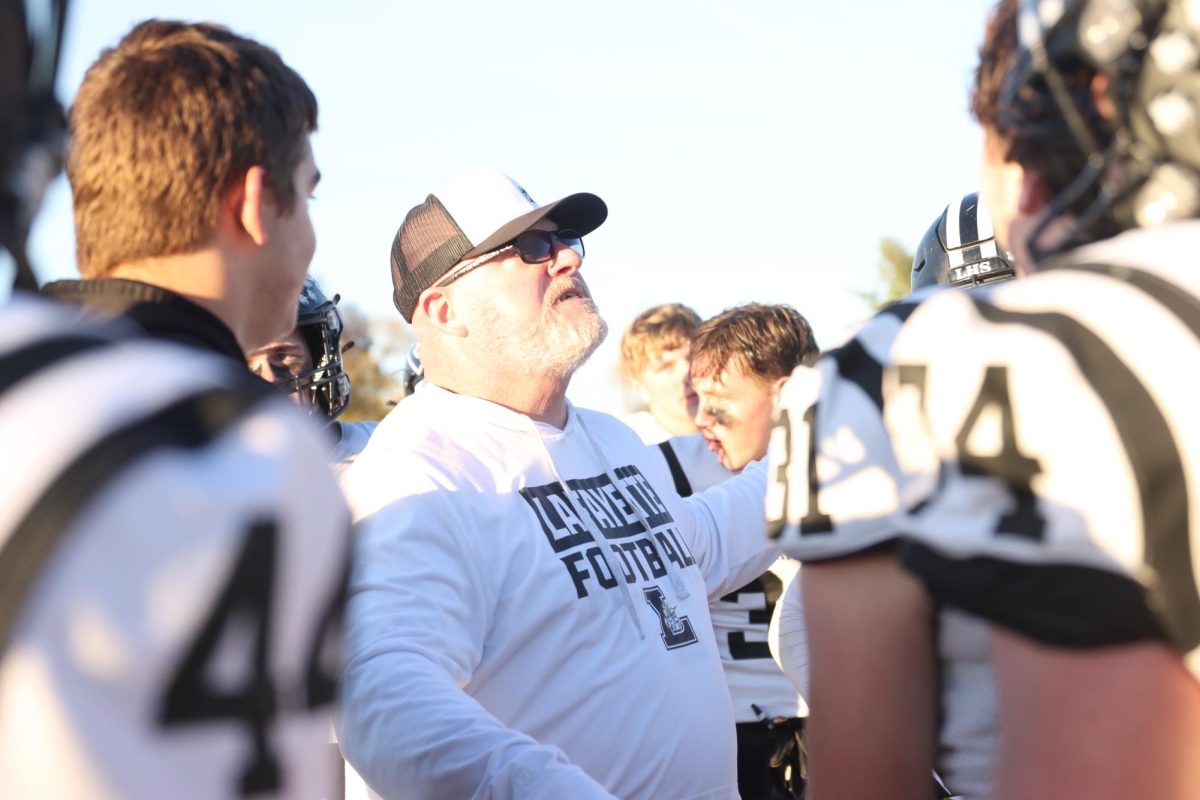


















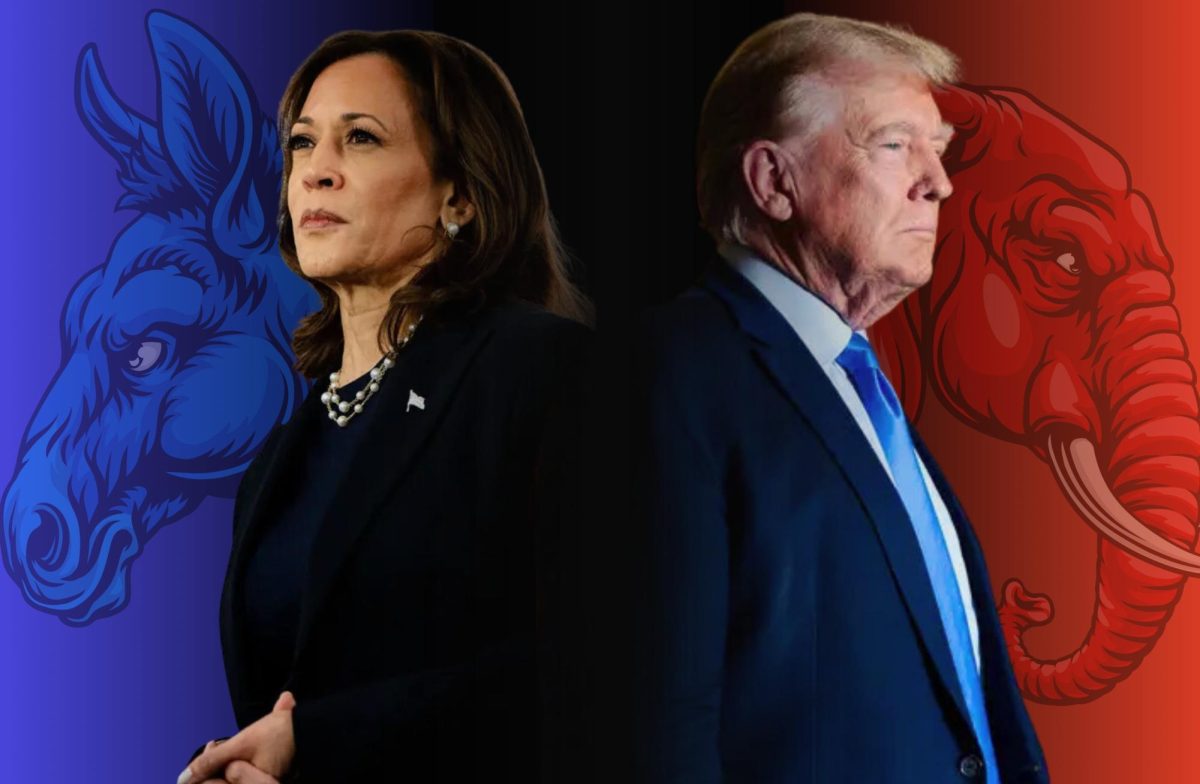




![Environmentalistic is a new store at the St. Louis Premium Outlets. According to their website, their mission is to "preserve the natural wonders and stunning beauty of the Planet Earth, [and] to become major contributors to environmental awareness." One of their mottos for the store is "The Earth is in our hands".](https://lancerfeed.press/wp-content/uploads/2022/04/BREGINNING-but-better-900x600.png)
![This May, student's exams will shift away from the paper and focus on the computer. "Environmentally, the resources to create and ship paper exams is a lot, [and] that will now be eliminated," Test coordinator Jessica Brawner said.](https://lancerfeed.press/wp-content/uploads/2024/09/AP-Exams-Featured-photo-1200x800.jpg)


![In order to meet Federal Student Aid application deadlines, many local resources, including Lafayette counselors, are available for one-on-one meetings. "Even if you think your college is paid for, we still heavily recommend going ahead and filing the FAFSA so that you don't lose out on any opportunities," College and Career counselor Alex Dusenberry said. "A lot of four year universities say you can only get scholarships if you complete the FASFA. [Also], it is a requirement that you complete the FSA in order to get A+ credit."](https://lancerfeed.press/wp-content/uploads/2024/01/FAFSA-graphic-1.png)

![Sophomore Mary Kirtley holds her Dressember Foundation button. The buttons are passed down to the new STL Spark executive board members each year and they are encouraged to place them on their backpacks to help raise awareness about human trafficking. "My sister, [Class of 2020 alumni] Grace Kirtley, started STL Spark when she was in high school and she would have people carry it on after she graduated," Mary said. "Last year I got invited to join the board again with my sister, senior Patty Kirtley, and so we've been working on carrying her legacy a bit. It's become somewhat of a family project."](https://lancerfeed.press/wp-content/uploads/2023/11/IMG_5696-e1700061260167-1200x800.jpg)
